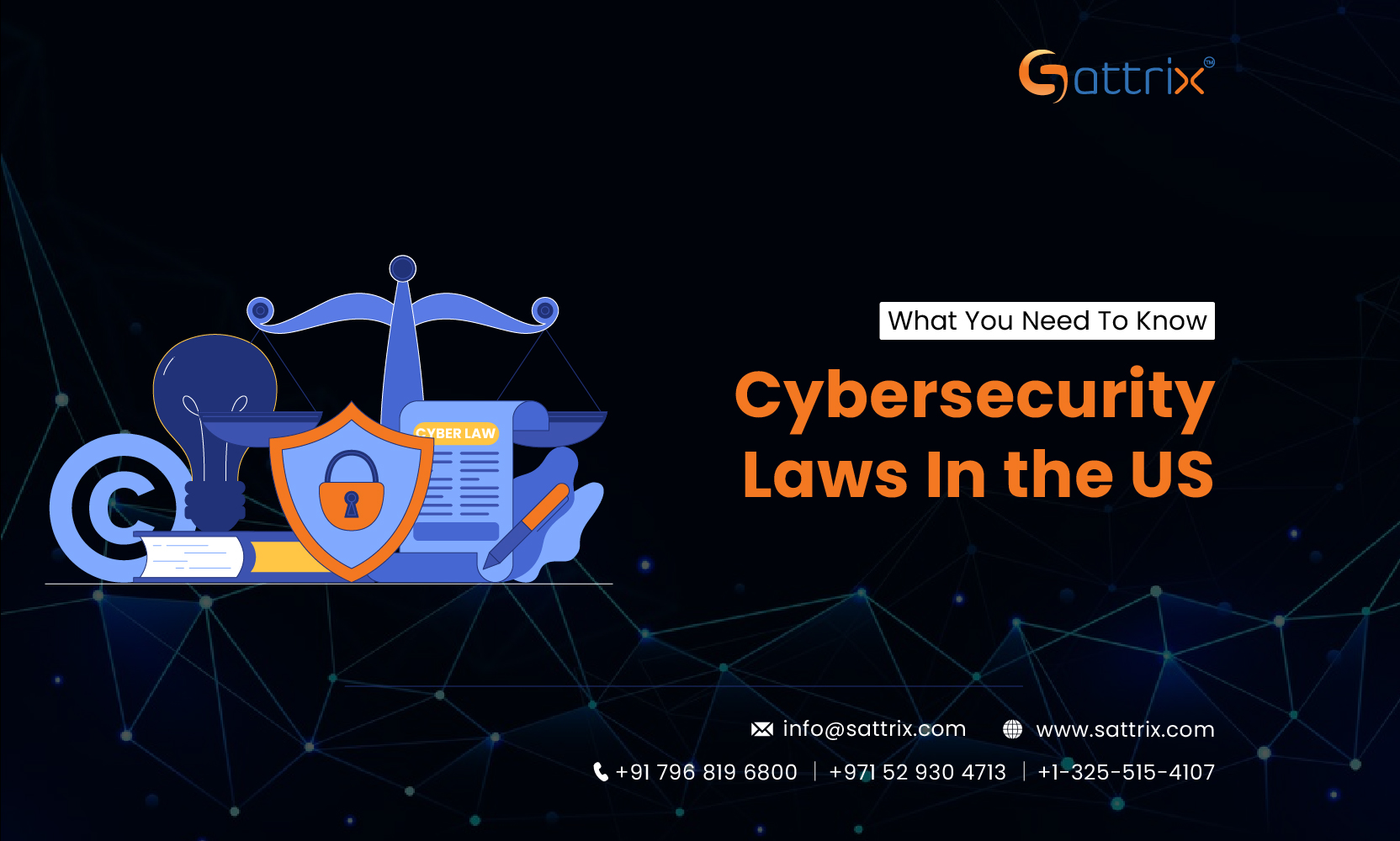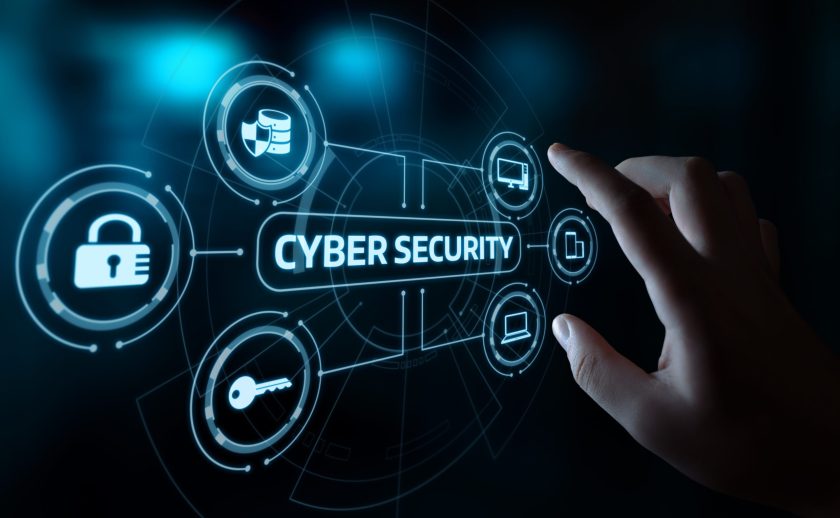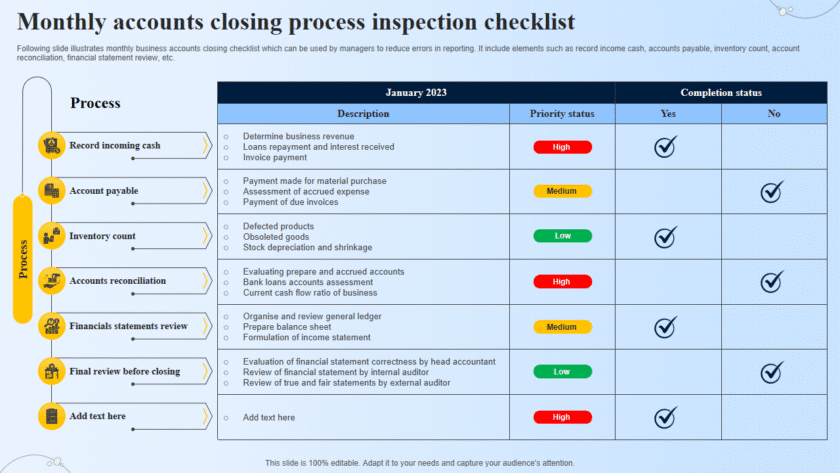⚖️ Cybersecurity Laws Everyone Should Know
Cybersecurity laws are designed to protect individuals, businesses, and governments from digital crimes such as hacking, identity theft, and data breaches.
Understanding these laws helps you stay compliant, avoid penalties, and safeguard your digital activities responsibly.
🔹 1. What Are Cybersecurity Laws?
Cybersecurity laws are legal frameworks that define how individuals and organizations should handle data, prevent cybercrimes, and respond to security incidents.
They cover:
- Unauthorized access to computer systems
- Data privacy and protection
- Online fraud, phishing, and identity theft
- Cyber harassment or cyberstalking
- Intellectual property theft and digital piracy
🔹 2. Why Cybersecurity Laws Matter
- 🧱 Protects individuals and businesses from online threats.
- 💼 Encourages responsible data management.
- ⚖️ Holds hackers and fraudsters accountable.
- 🌍 Promotes trust in digital transactions and e-commerce.
- 💰 Reduces losses from cybercrime and data breaches.
🔹 3. Key International Cybersecurity Laws
Here are some of the most recognized laws around the world:
🌐 1. General Data Protection Regulation (GDPR) — Europe
- Protects the personal data of individuals in the EU.
- Requires businesses to get clear consent before collecting data.
- Grants users the “Right to Be Forgotten.”
- Heavy fines for violations (up to €20 million or 4% of annual turnover).
🇺🇸 2. Computer Fraud and Abuse Act (CFAA) — USA
- Criminalizes unauthorized access to computers and networks.
- Covers hacking, malware spreading, and password theft.
- Used in both criminal and civil cases.
🇨🇦 3. Personal Information Protection and Electronic Documents Act (PIPEDA) — Canada
- Regulates how businesses handle personal information during commercial activities.
- Requires transparency and user consent.
- Individuals can file complaints if their data rights are violated.
🇬🇧 4. UK Data Protection Act 2018
- The UK’s implementation of GDPR principles.
- Defines how organizations should process and store personal data securely.
🇮🇳 5. Information Technology Act (IT Act) 2000 — India
- Criminalizes hacking, data theft, cyberstalking, and online fraud.
- Provides a framework for electronic signatures and e-commerce regulation.
🔹 4. Key Cybersecurity Laws in Nigeria
🇳🇬 1. Cybercrimes (Prohibition, Prevention, etc.) Act, 2015
Nigeria’s main cybersecurity law. It covers:
- Hacking and system interference
- Identity theft and phishing
- Cyberstalking, online harassment, and fraud
- Financial and e-payment fraud
- Child pornography and online exploitation
- Establishes the National Cybersecurity Fund (NCF) and Cybercrime Advisory Council
Penalties:
- Up to 3 years imprisonment or ₦7 million fine (depending on the offense).
- Serious crimes like cyberterrorism may lead to life imprisonment.
🇳🇬 2. Nigeria Data Protection Regulation (NDPR), 2019
- Protects the privacy and rights of data subjects.
- Businesses must obtain consent before collecting or processing user data.
- Organizations must implement data security measures and report breaches.
Penalties:
- ₦10 million fine or 2% of annual turnover for major violations.
🔹 5. Common Cyber Offenses Covered by Law
| Offense | Example | Legal Implication |
|---|---|---|
| Unauthorized access | Hacking a server or email | Fines, imprisonment |
| Data theft | Copying confidential business files | Criminal offense |
| Identity theft | Using another person’s credentials | Fraud and forgery charges |
| Cyberstalking | Harassing people via email or social media | Up to 3 years in prison |
| Online fraud | Fake investment sites, scams | Severe penalties and jail terms |
| Distribution of malware | Spreading viruses or ransomware | Criminal offense under multiple laws |
🔹 6. How to Stay Compliant with Cybersecurity Laws
✅ 1. Understand the regulations
- Know which laws apply to your country or business sector.
✅ 2. Protect user data
- Encrypt, back up, and store information securely.
✅ 3. Get user consent
- Before collecting or sharing personal data, always request permission.
✅ 4. Use cybersecurity tools
- Firewalls, antivirus, and intrusion detection systems.
✅ 5. Train your employees
- Conduct regular security awareness sessions.
✅ 6. Have an Incident Response Plan
- Know what to do if a data breach occurs (who to contact, how to report).
✅ 7. Review and update your privacy policy
- Reflect any changes in data processing or law updates.
🔹 7. Key Enforcement Agencies in Nigeria
- NITDA (National Information Technology Development Agency) – oversees NDPR compliance.
- EFCC (Economic and Financial Crimes Commission) – investigates cyber fraud.
- NCC (Nigerian Communications Commission) – regulates telecoms and internet operations.
- Nigeria Police Force Cybercrime Unit – handles criminal cyber investigations.
✅ Final Thoughts
Cybersecurity laws are not meant to restrict technology — they protect users, promote digital trust, and enforce accountability.
Whether you’re an individual, a tech startup, or a large company, staying informed and compliant is the smartest way to operate safely in today’s connected world.
“Awareness is your first defense. Compliance is your strongest shield.”






